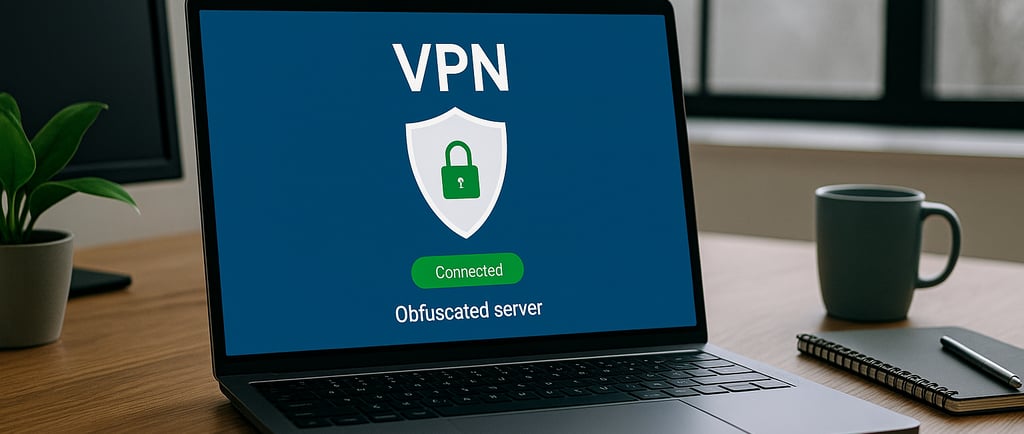How VPNs Protect Journalists and Activists
VPN


In many parts of the world, freedom of speech and access to information are not guaranteed. Journalists, activists, and human rights defenders often face surveillance, censorship, and even personal threats because of their work. A VPN (Virtual Private Network) can play a crucial role in protecting these individuals by safeguarding their communications, identities, and access to information.
The Challenges Journalists and Activists Face Online
Government Surveillance
In restrictive countries, authorities monitor internet traffic to track dissidents, censor news, and silence opposition.
Censorship
Independent media outlets and activist websites are often blocked. Without circumvention tools, people can’t publish or access critical information.
Hacking and Data Theft
Activists and journalists are prime targets for cyberattacks designed to steal sensitive data, contacts, and sources.
Physical Safety Risks
Online tracking can be used to locate and intimidate individuals who speak out against powerful institutions.
How VPNs Offer Protection
1. Encrypting Communications
A VPN encrypts all internet traffic, making it unreadable to surveillance systems. This ensures sensitive research, emails, or chats cannot be easily intercepted.
2. Hiding IP Addresses
By masking real IP addresses, VPNs make it harder for authorities or hostile groups to trace online activity back to a specific person or location.
3. Bypassing Censorship
VPNs allow journalists and activists to connect to servers outside their country, granting them access to blocked news sites, social media platforms, or communication tools.
4. Securing Public Wi-Fi
Many activists work from cafés, libraries, or shared offices where Wi-Fi may be unsafe. VPNs protect them against hackers lurking on these networks.
Real-World Scenarios
Journalists Reporting Abroad: A reporter covering political unrest can use a VPN to securely transmit stories without exposing their identity.
Human Rights Activists: Activists in censored regions can organize online and share information without their communications being monitored.
Whistleblowers: VPNs provide an extra layer of anonymity when reaching out to media or watchdog organizations.
Limitations of VPN Protection
While VPNs are powerful, they are not a magic shield. Journalists and activists should be aware of their limitations:
Device Security: A VPN won’t protect against spyware, phishing, or compromised devices.
VPN Provider Trust: Choosing a reputable, no-logs VPN is essential—otherwise, the provider itself could pose a risk.
Legal Risks: In some countries, using a VPN is restricted or illegal. Users must understand the local laws.
Best Practices for Journalists and Activists Using VPNs
Choose a Trusted Provider
Look for VPNs with a verified no-logs policy and privacy-friendly jurisdictions.
Use Obfuscated Servers
These make VPN traffic look like regular internet traffic, helping bypass censorship.
Enable Kill Switch
Prevents accidental exposure if the VPN connection drops.
Combine with Other Security Tools
Use encrypted messaging apps (like Signal), password managers, and secure browsers alongside your VPN.
Regularly Update Software
Keeping VPN apps and devices up to date ensures the latest protections.
Why a VPN Matters for Freedom of Speech
A VPN is more than just a security tool—it’s a means of empowerment. By allowing safe access to information, protecting sources, and enabling free communication, VPNs help journalists and activists continue their work even in hostile digital environments.
Final Thoughts
For journalists and activists, privacy isn’t just about avoiding ads or hiding browsing history—it can be a matter of safety and survival. A VPN helps by encrypting traffic, hiding IP addresses, and bypassing censorship, giving these individuals the freedom to share information without fear of surveillance.
While not a complete solution, when combined with strong digital hygiene, a VPN becomes an essential tool in the fight for freedom of speech and human rights in the digital age.